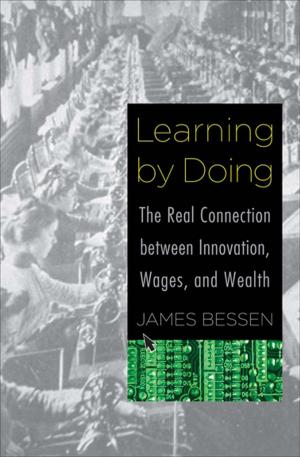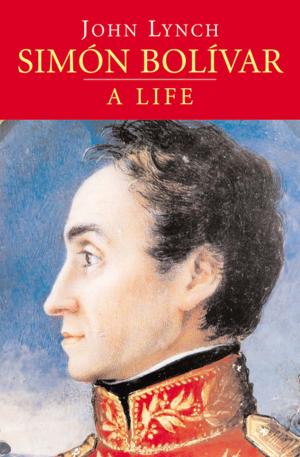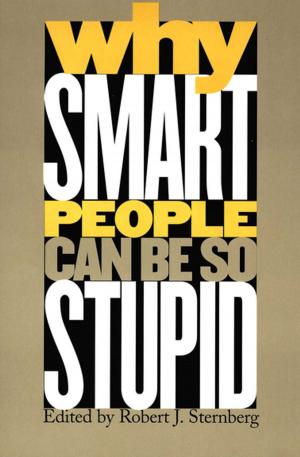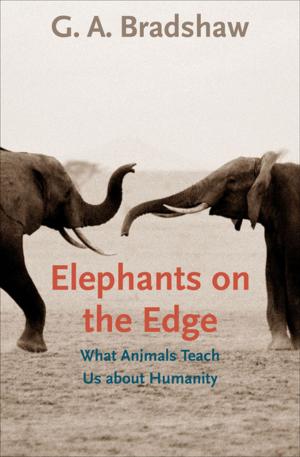Galileo
Watcher of the Skies
Nonfiction, History, Renaissance, Science & Nature, Science, Physics, Astronomy, Biography & Memoir, Reference| Author: | David Wootton | ISBN: | 9780300170061 |
| Publisher: | Yale University Press (Ignition) | Publication: | October 26, 2010 |
| Imprint: | Yale University Press | Language: | English |
| Author: | David Wootton |
| ISBN: | 9780300170061 |
| Publisher: | Yale University Press (Ignition) |
| Publication: | October 26, 2010 |
| Imprint: | Yale University Press |
| Language: | English |
“Demonstrates an awesome command of the vast Galileo literature . . . [Wootton] excels in boldly speculating about Galileo’s motives” (The New York Times Book Review).
Tackling Galileo as astronomer, engineer, and author, David Wootton places him at the center of Renaissance culture. He traces Galileo through his early rebellious years; the beginnings of his scientific career constructing a “new physics”; his move to Florence seeking money, status, and greater freedom to attack intellectual orthodoxies; his trial for heresy and narrow escape from torture; and his house arrest and physical (though not intellectual) decline. Wootton also reveals much that is new—from Galileo’s premature Copernicanism to a previously unrecognized illegitimate daughter—and, controversially, rejects the long-established belief that Galileo was a good Catholic.
Absolutely central to Galileo’s significance—and to science more broadly—is the telescope, the potential of which Galileo was the first to grasp. Wootton makes clear that it totally revolutionized and galvanized scientific endeavor to discover new and previously unimagined facts. Drawing extensively on Galileo’s voluminous letters, many of which were self-censored and sly, this is an original, arresting, and highly readable biography of a difficult, remarkable Renaissance genius.
Selected as a Choice Outstanding Academic Title in the Astronautics and Astronomy Category
“Fascinating reading . . . With this highly adventurous portrayal of Galileo’s inner world, Wootton assures himself a high rank among the most radical recent Galileo interpreters . . . Undoubtedly Wootton makes an important contribution to Galileo scholarship.” —America magazine
“Wootton’s biography . . . is engagingly written and offers fresh insights into Galileo’s intellectual development.” —Standpoint magazine
“Demonstrates an awesome command of the vast Galileo literature . . . [Wootton] excels in boldly speculating about Galileo’s motives” (The New York Times Book Review).
Tackling Galileo as astronomer, engineer, and author, David Wootton places him at the center of Renaissance culture. He traces Galileo through his early rebellious years; the beginnings of his scientific career constructing a “new physics”; his move to Florence seeking money, status, and greater freedom to attack intellectual orthodoxies; his trial for heresy and narrow escape from torture; and his house arrest and physical (though not intellectual) decline. Wootton also reveals much that is new—from Galileo’s premature Copernicanism to a previously unrecognized illegitimate daughter—and, controversially, rejects the long-established belief that Galileo was a good Catholic.
Absolutely central to Galileo’s significance—and to science more broadly—is the telescope, the potential of which Galileo was the first to grasp. Wootton makes clear that it totally revolutionized and galvanized scientific endeavor to discover new and previously unimagined facts. Drawing extensively on Galileo’s voluminous letters, many of which were self-censored and sly, this is an original, arresting, and highly readable biography of a difficult, remarkable Renaissance genius.
Selected as a Choice Outstanding Academic Title in the Astronautics and Astronomy Category
“Fascinating reading . . . With this highly adventurous portrayal of Galileo’s inner world, Wootton assures himself a high rank among the most radical recent Galileo interpreters . . . Undoubtedly Wootton makes an important contribution to Galileo scholarship.” —America magazine
“Wootton’s biography . . . is engagingly written and offers fresh insights into Galileo’s intellectual development.” —Standpoint magazine















